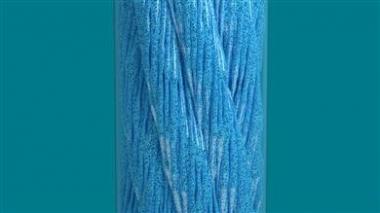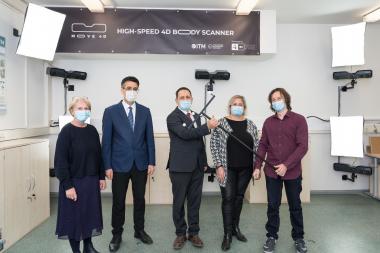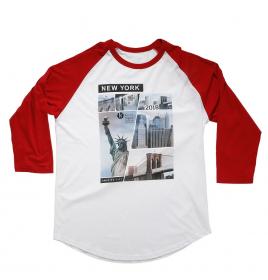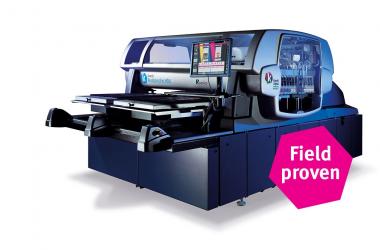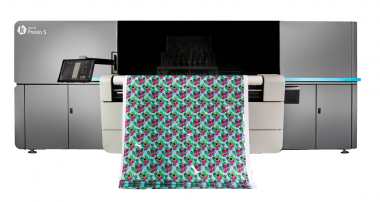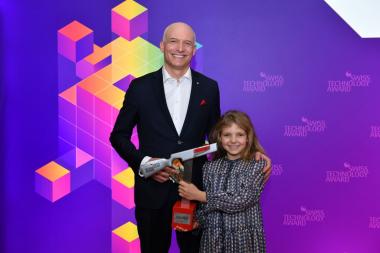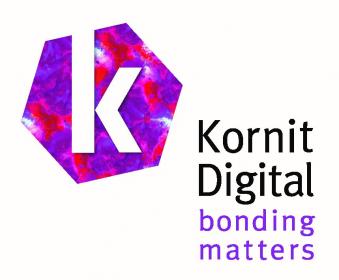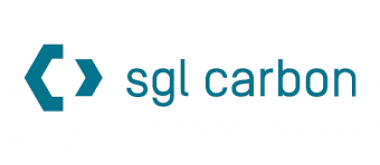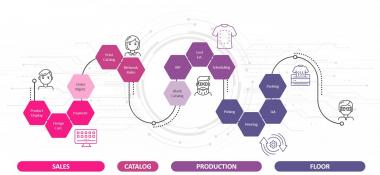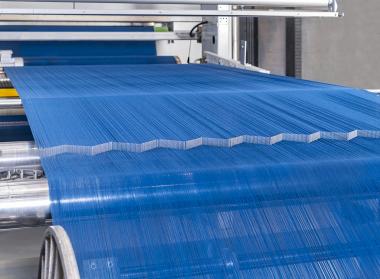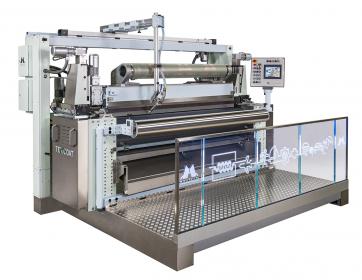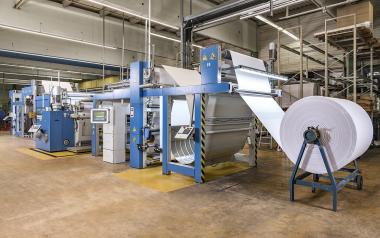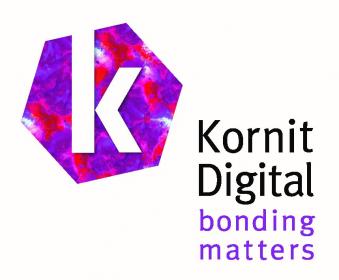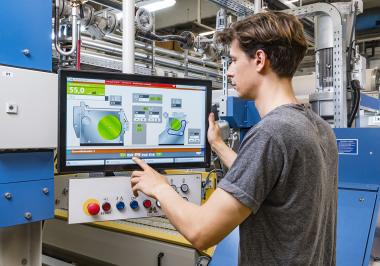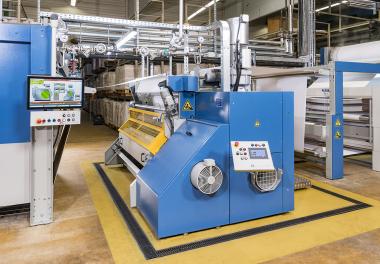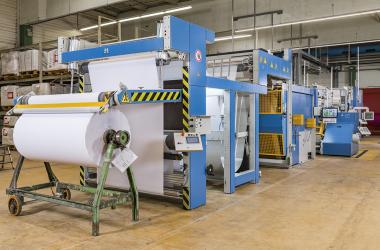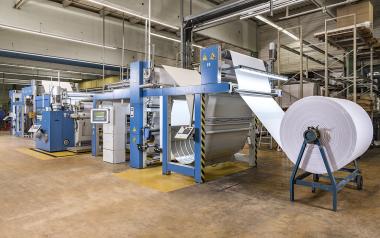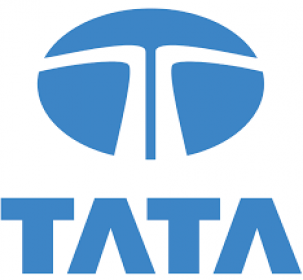Ascend announces alliance with The S Group to commercialize Acteev Protect™ yarns and fabrics
- Partnership offers customers access to full-scale garment design, manufacturing and packaging
Ascend Performance Materials has announced a commercial agreement with The S Group, a globally recognized provider of apparel design, development and manufacturing. The alliance will focus on commercialization of Acteev Protect™ antimicrobial yarns, fibers and fabrics, offering customers full-scale supply chain service from garment design to delivery.
The agreement pairs Ascend's world-class manufacturing operations with The S Group’s track record of success in the wholesale and direct-to-consumer apparel industry. “Our customers will now benefit from a revolutionary antimicrobial material combined with end-to-end support to guide a product from ideation to actualization,” said Lu Zhang, vice president of Acteev.
The S Group offers complete supply chain management for apparel brands, including product development, manufacturing, logistics, quality assurance, packaging and order fulfillment. The company lists some of the world’s most recognized brands among its partners, including Lululemon, New Balance and Mack Weldon. Athleisure, performance, scrubs, and seamless products such as intimates, leggings, active wear, socks and gaiters will be available.
Gary Peck, CEO of The S Group, says his team is excited about the commercial potential of Acteev, especially given the new reality of global health concerns. “Garment design has primarily focused on functionality, sustainability and comfort,” said Peck. “The past year has made us all aware that safety can be a valuable feature of fabrics as well, and Acteev checks all those boxes.”
Acteev is Ascend’s patent-pending technology that embeds zinc ions in a polymer to create fibers with long-lasting antimicrobial properties. The result is a fabric that destroys odor-causing bacteria and fungi. Acteev technology is available in a wide range of textiles featuring the flexibility, softness and durability of nylon 6,6.
Recent testing on knit fabric completed at the University of Cambridge has demonstrated that Acteev technology deactivates the virus that causes COVID-19, SARS-CoV-2, with 99.9% efficacy on contact1. Ascend is working with the U.S. Environmental Protection Agency, the U.S. Food and Drug Administration and other governmental agencies to obtain the appropriate regulatory clearances to make specific claims regarding the technology’s antiviral properties.
EMG


